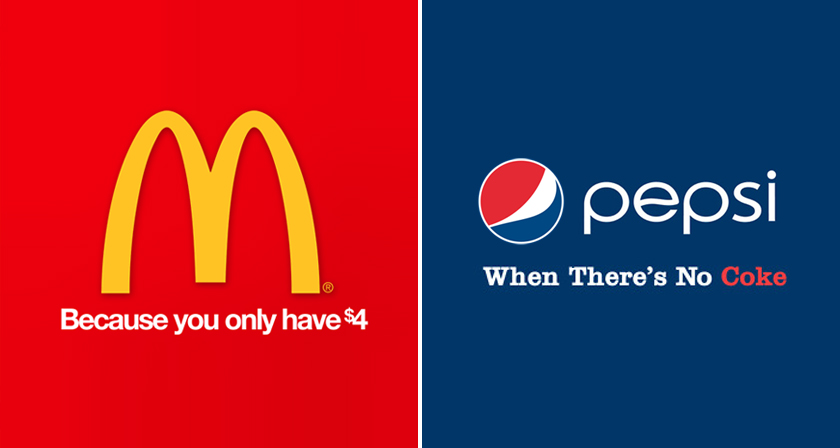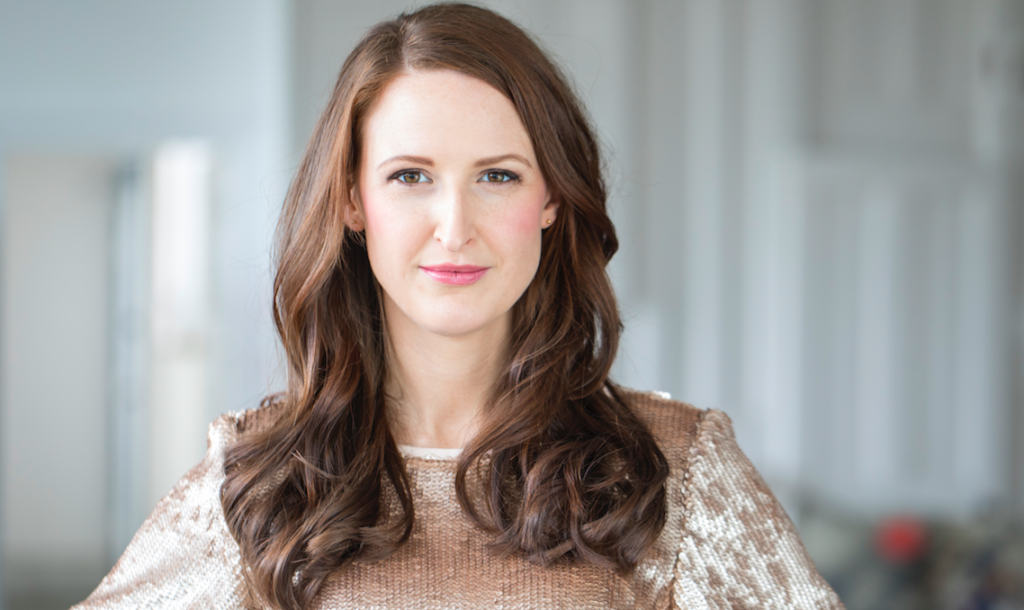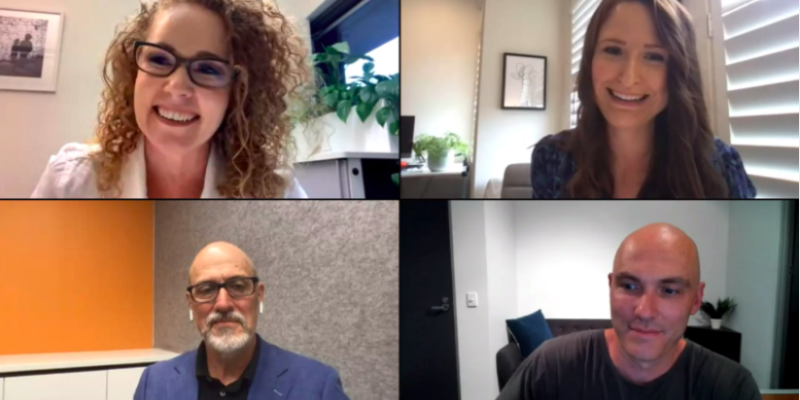Pure Public Relations founder, Phoebe Netto, recently moderated a webinar on empathetic marketing featuring Coles CMO Lisa Ronson, Wellcom Worldwide’s head of content creation Bud Peart, and Adobe’s director of strategic development Michael Stoddart.
In case you missed it, here are Phoebe Netto’s most important takeaways from the event, which busted the COVID-19 era’s obsession with fake empathy and got real about what customers really think about brands.
Get realistic about your brand’s place in your customer’s life
Marketers are constantly overstating and exaggerating their brand’s place in customer’s lives, particularly in the wake of the COVID-19 pandemic.
As Coles CMO Lisa Ronson explained: “During the pandemic, everyone started coming out and saying, ’we’re all in this together’, even though the brand didn’t really have a role to be saying that to the Australian community.”
Lisa went on to tell the tale of a paint brand that bought an outdoor ad with generic ‘we’re all in this together’ messaging. She thought: “You’re a paint brand. It would be so much better and so much more Australian to say ‘we know you’ve got a heap of time on your hands, paint your house.’

Define your brand values from the inside out
One of the best ways to avoid fake empathy is to be 100% certain about who you are as a brand, what you stand for, and what you stand against. In order to do this, brands should focus on defining their values from the inside out, not the outside in.
This means brands should define their brand and the causes they stand for based on predetermined values. These values should be the filter through which your brand can get on board with causes, have a voice on particular issues, and build genuine purpose.
By doing so, brands will avoid that inauthenticity that we see so often during attempts to fake empathy.
It doesn’t have to be perfect, it just has to be real
Empathetic marketing doesn’t have to be perfect – in fact, it will probably be more effective without the ‘gleaming technological sheen’ that many marketing campaigns suffer from.
Adobe’s Michael Stoddart gave the example of YouTube creators, who “don’t even think about technological perfection, they just think about speed to market, they just want to get it out, and get it out fast. In the process, they’ve actually set what’s technologically acceptable.”
Lisa gave the example of Coles’ What’s For Dinner broadcast campaign, which aired towards the start of the pandemic. Due to lockdown, the cast were forced to film their recipes primarily on their iPhones.

However, this reduction in typical broadcast-quality actually added to the authenticity of the campaign and helped it connect with customers. As Lisa explained: “People were cooking more, they were spending more time with the family and cooking as entertainment. Everybody really loved it.”
People don’t expect perfection, but they do expect transparency
There’s no denying that empathetic marketing is difficult, and sometimes there are issues that can’t be resolved overnight. In these cases, the best option is to remain transparent, open, and responsive to your customers.
As Wellcom Worldwide’s Bud Peart explained: “Sometimes it’s just about acknowledging that it isn’t something you can fix in a second. You might be getting social media flack about it, but mostly even just an acknowledgement that you understand the problem exists and that you’re willing to address it goes a long way. People don’t expect perfection from an organisation, but they do expect transparency.”
In my role as founder of a PR agency, I know the importance of this last point more than most. Even if you can’t answer every single one of your customer’s questions right away, you at least need to make it clear that you’re trying your very best to respond to them as thoroughly as possible. Silence is rarely a smart option.

When all else fails, just remember: empathy and transparency go hand in hand. If you’re not honest, your customers will smell the deception a mile away.
There’s been more than enough fake empathy during this pandemic to last us a lifetime. I think we could all do with a little more truthfulness in 2021.
You can find an extended version of this content, and more information on the webinar on Mumbrella.

